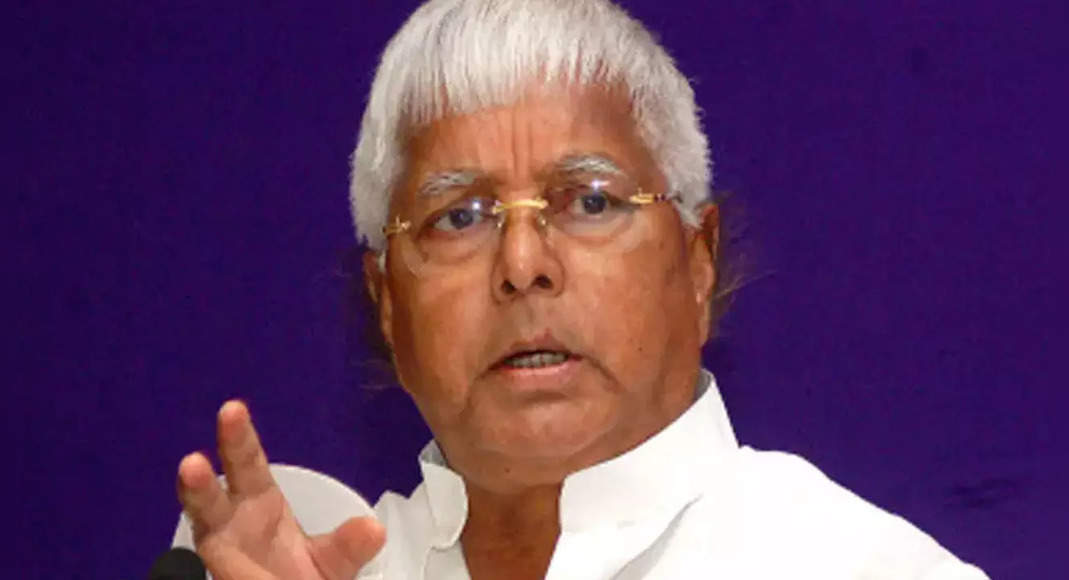BOKARO: The Department of Atomic Energy (DAE) has said that the unidentified material seized in Bokaro is not uranium or radioactive in nature.
It, however, did not specify what the material or mineral was.
The Mumbai-based DAE’s clarification came after the Bokaro police said 6kg of a yellow mineral suspected to be uranium had been seized on June 2.
Seven people have been arrested in the case.
“Through spot inspection and laboratory analysis of samples of the material, it is confirmed that the material is not uranium and is not radioactive,” a DAE spokesperson said in a note.
The note added that the material does not cause any radiation-related health hazard to living beings or the environment.
The local police, which has booked the arrested people under sections of the Atomic Energy Act as well, had also said the material had a ‘Made in USA’ marking.
Police sources said they will continue to investigate the matter as to why the substance was being branded for sale as uranium and to what purpose.
The cops are preparing to take the accused in their remand.
Bokaro SP Chandan Kumar Jha said: “We are yet to receive any official word from the DAE or from the Uranium Corporation of India Limited (UCIL) in this regard.
We are not in a position to comment unless we get the report.” The seizure had come within weeks of uranium recovery from a gang in Mumbai, which was confirmed to be the material used in nuclear applications.
Other security agencies of the state and the Center are keeping an eye on this matter.
Pakistan had also expressed concern over the recovery of uranium in India and demanded an investigation.
There was panic after seven people were arrested with three sealed packets with uranium written on them.
The accused confessed that the substance was uranium and they were looking for customers.
One of the accused, identified as Bapi, had confessed to have received the substance from a Giridih resident, who is now absconding.
Samples from the packets were collected for tests by the UCIL on June 6.
Preliminary tests conducted by experts of the UCIL revealed no traces of radioactivity from the samples.





